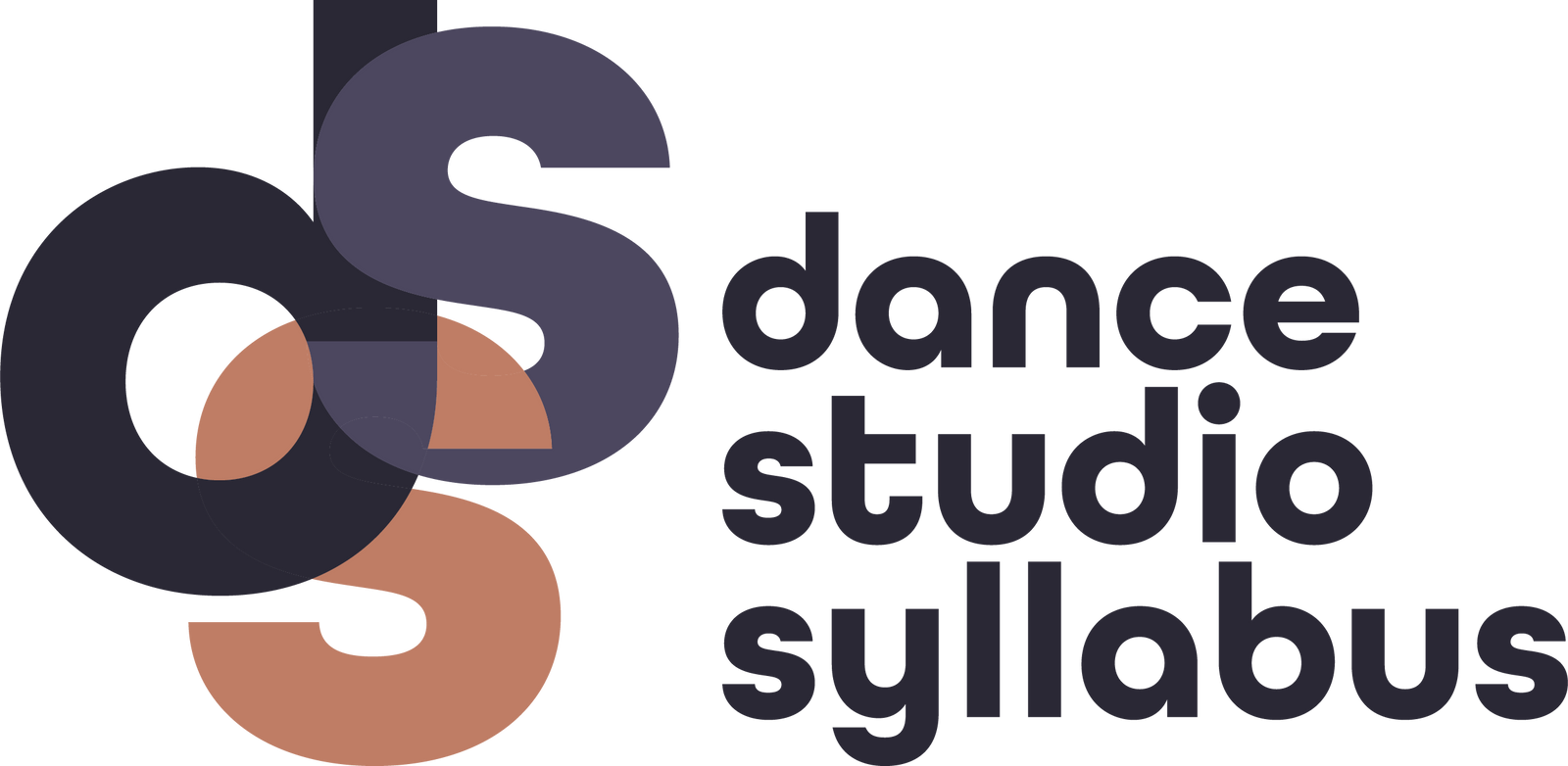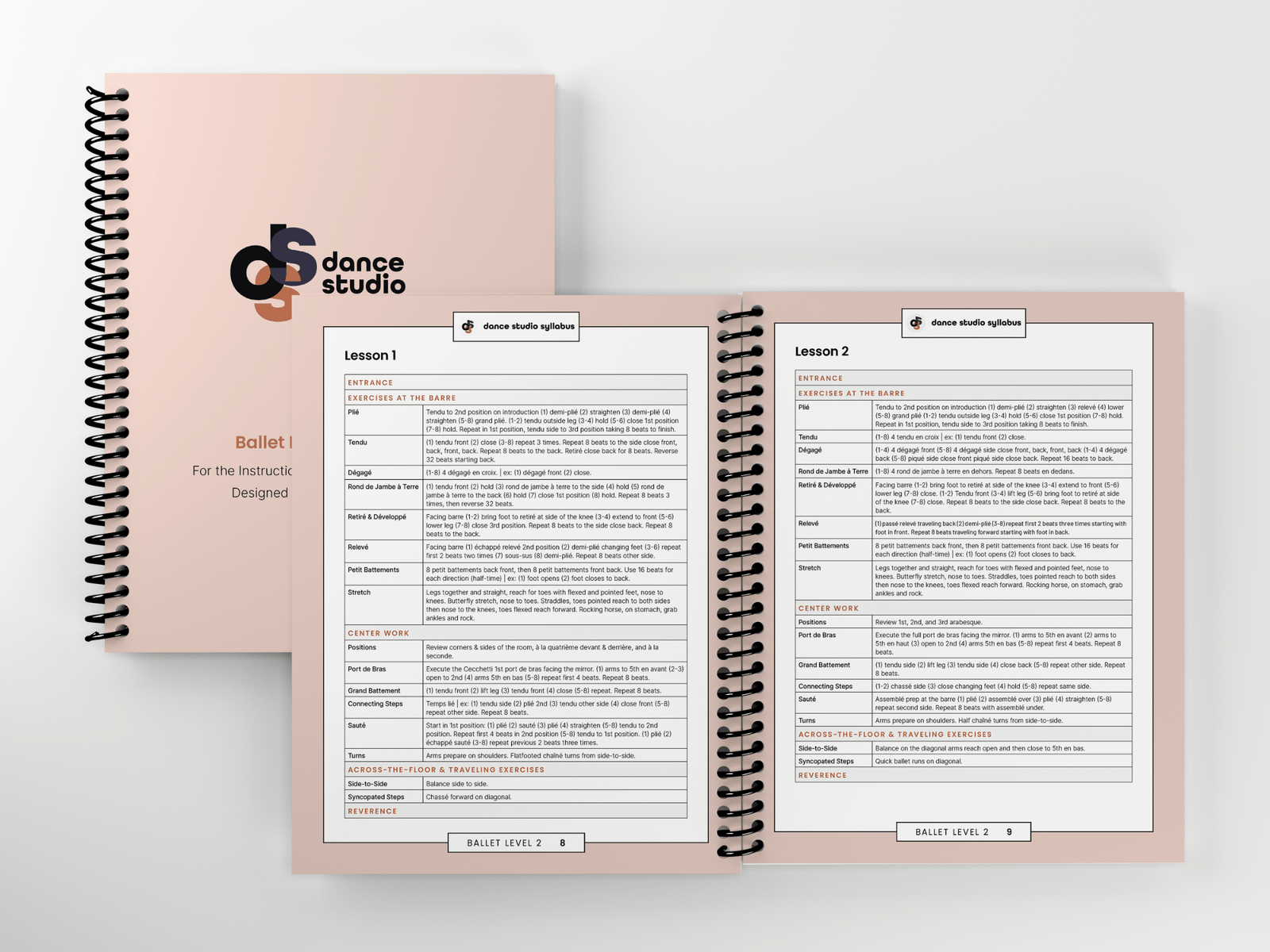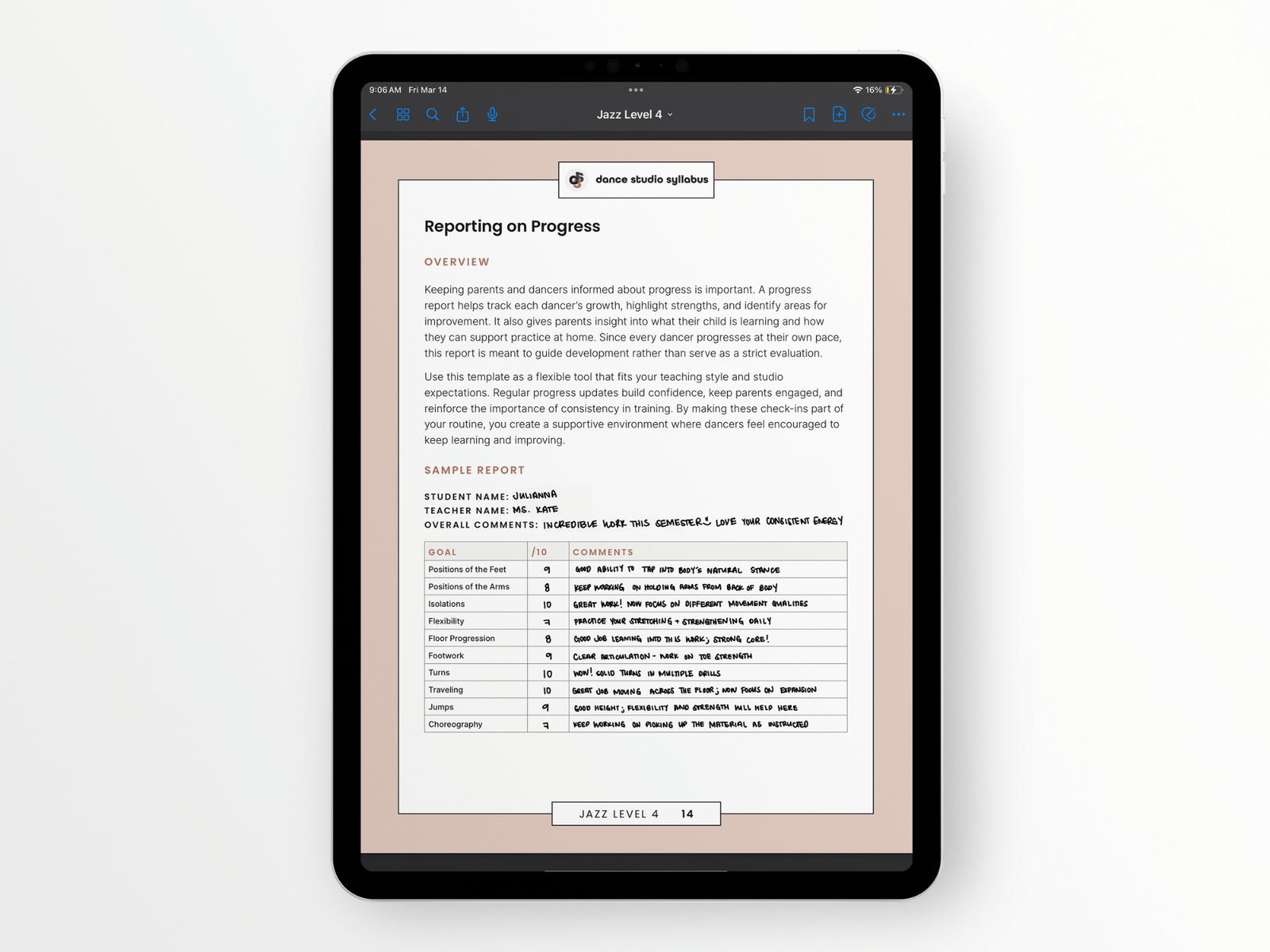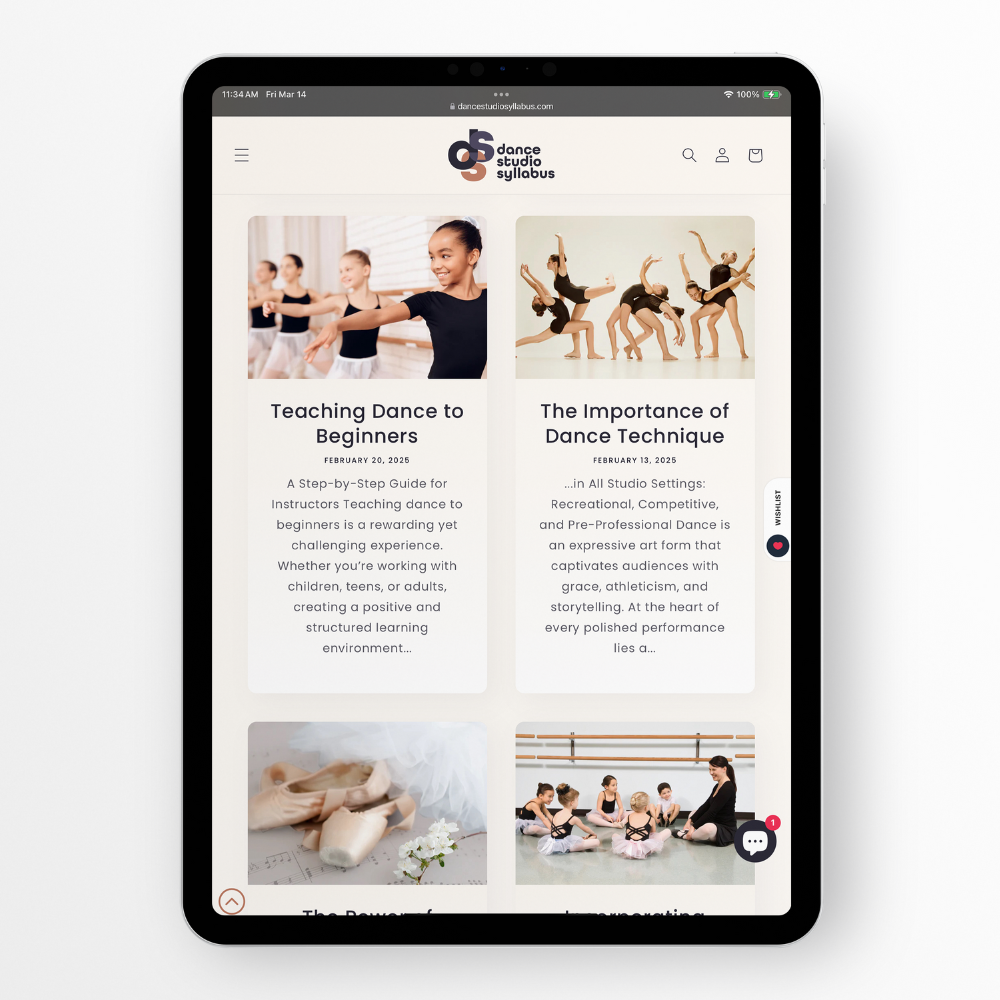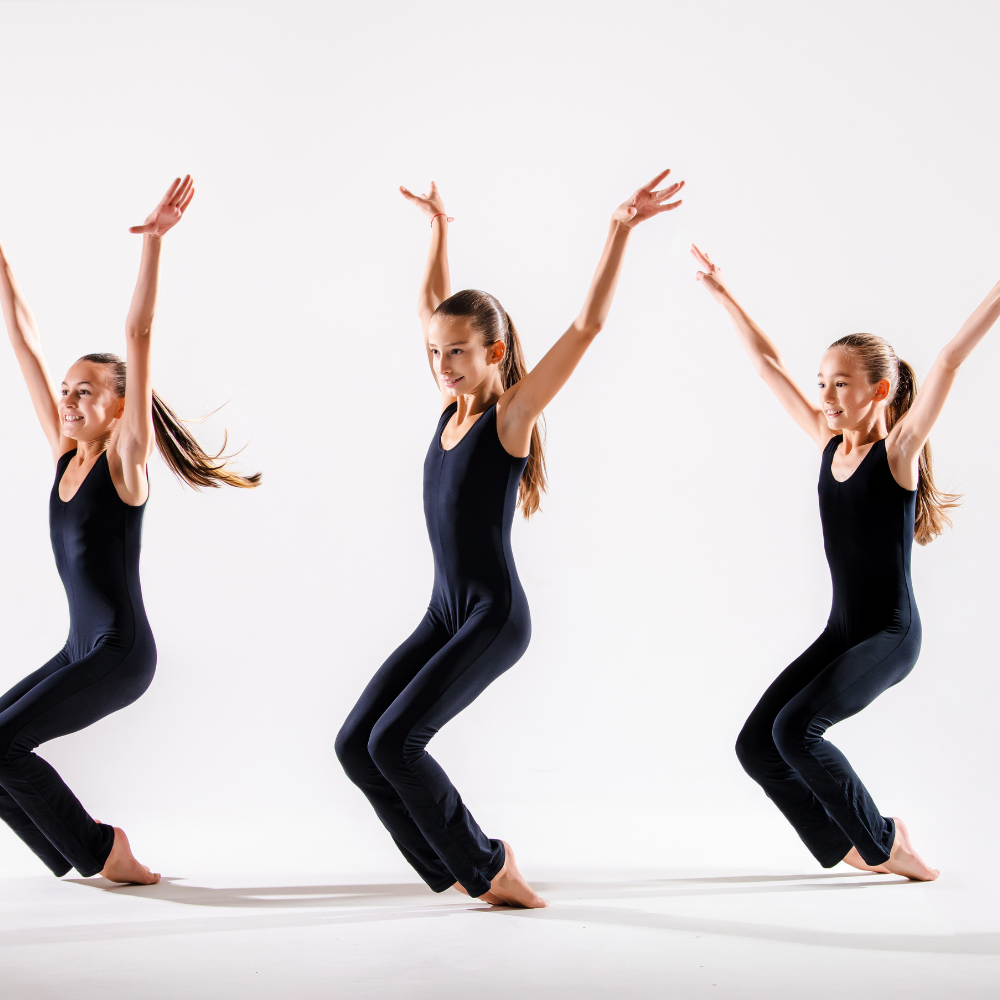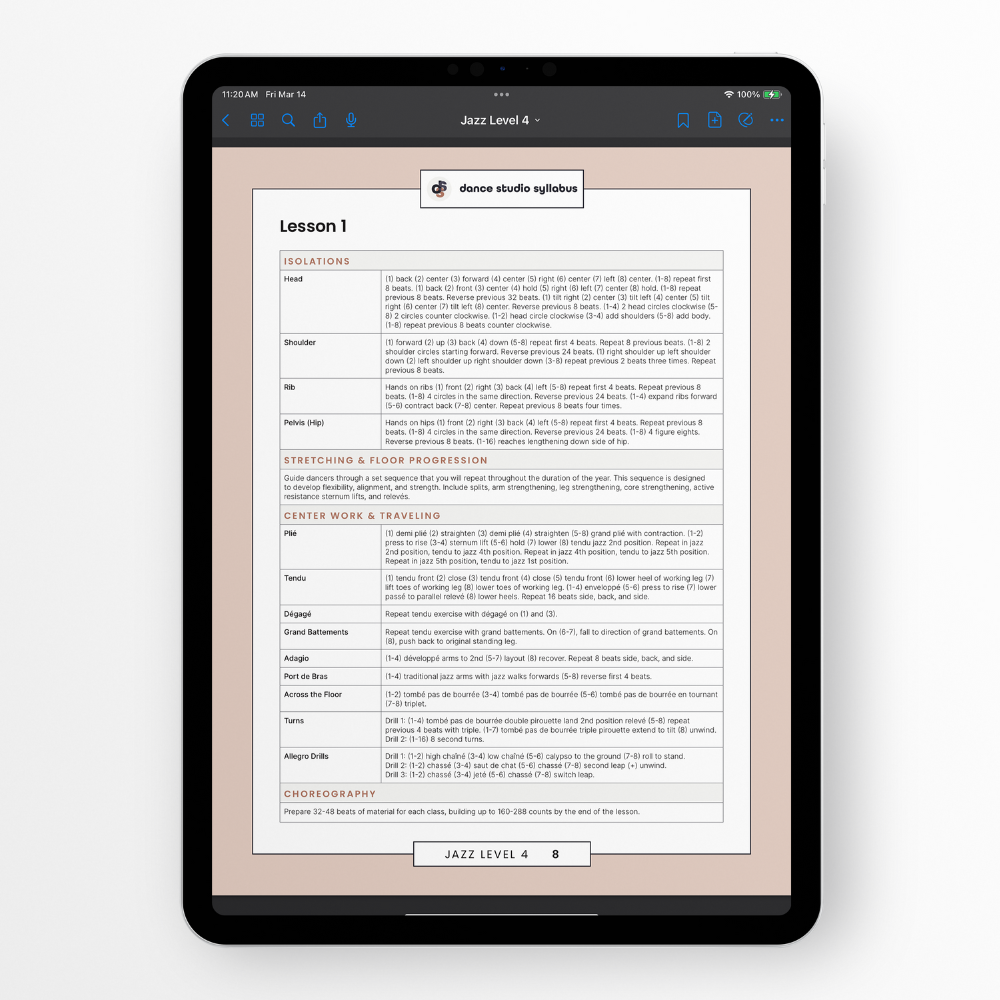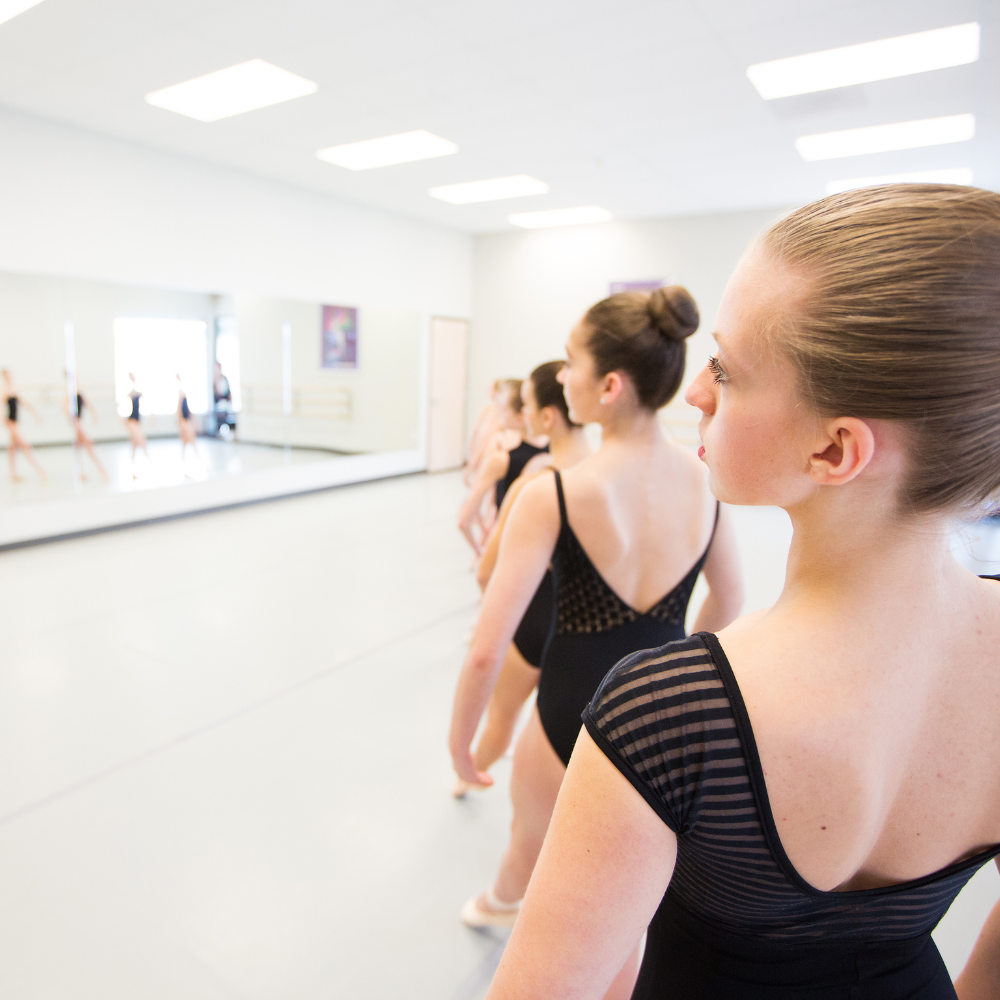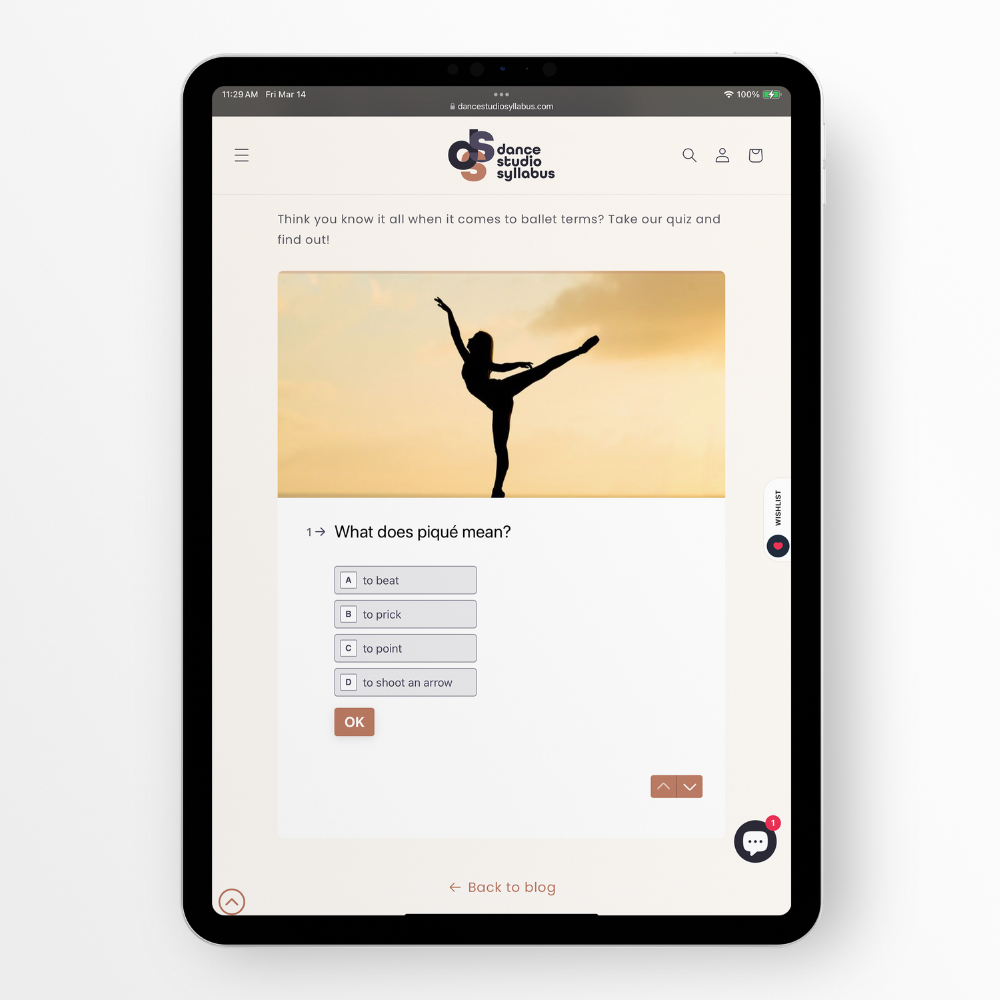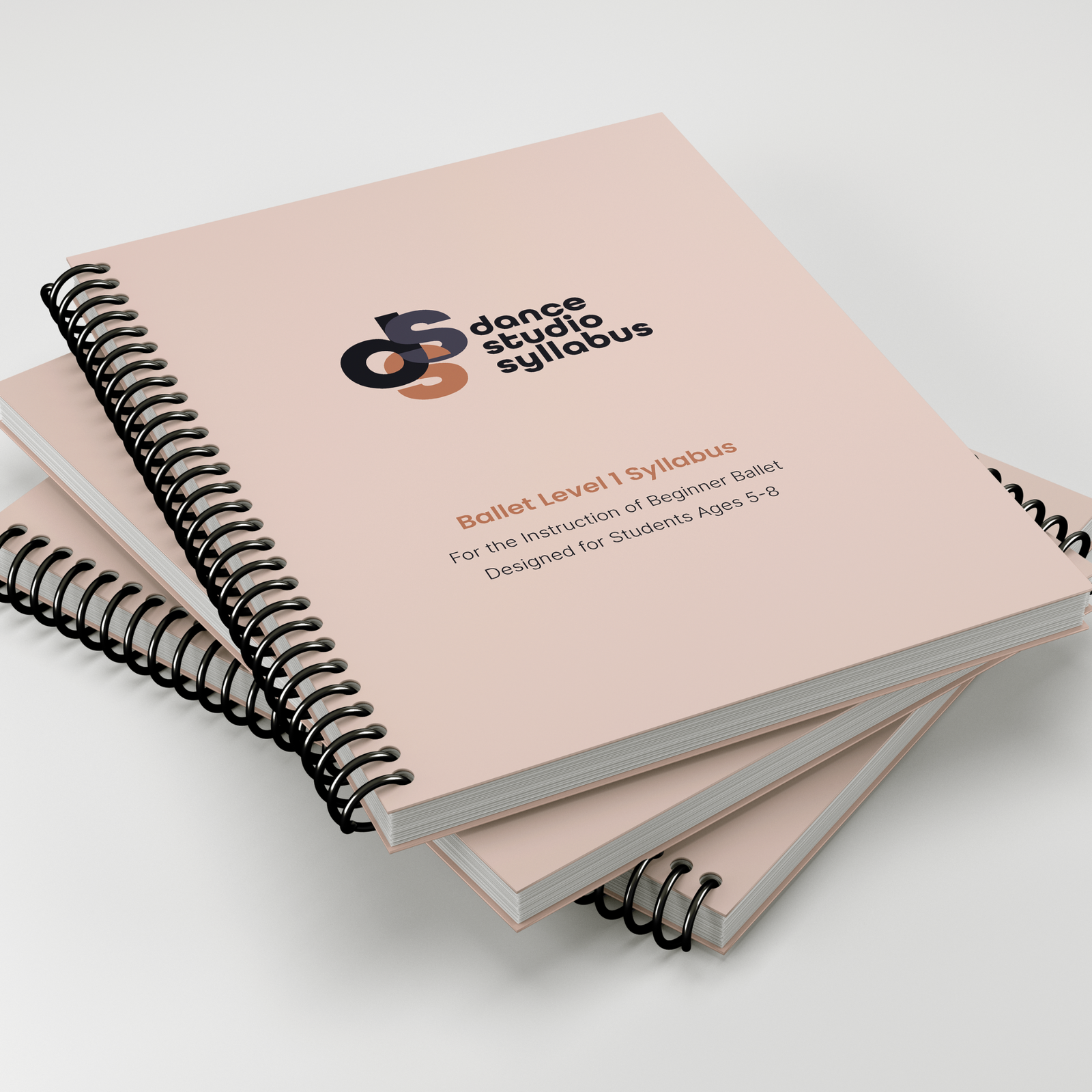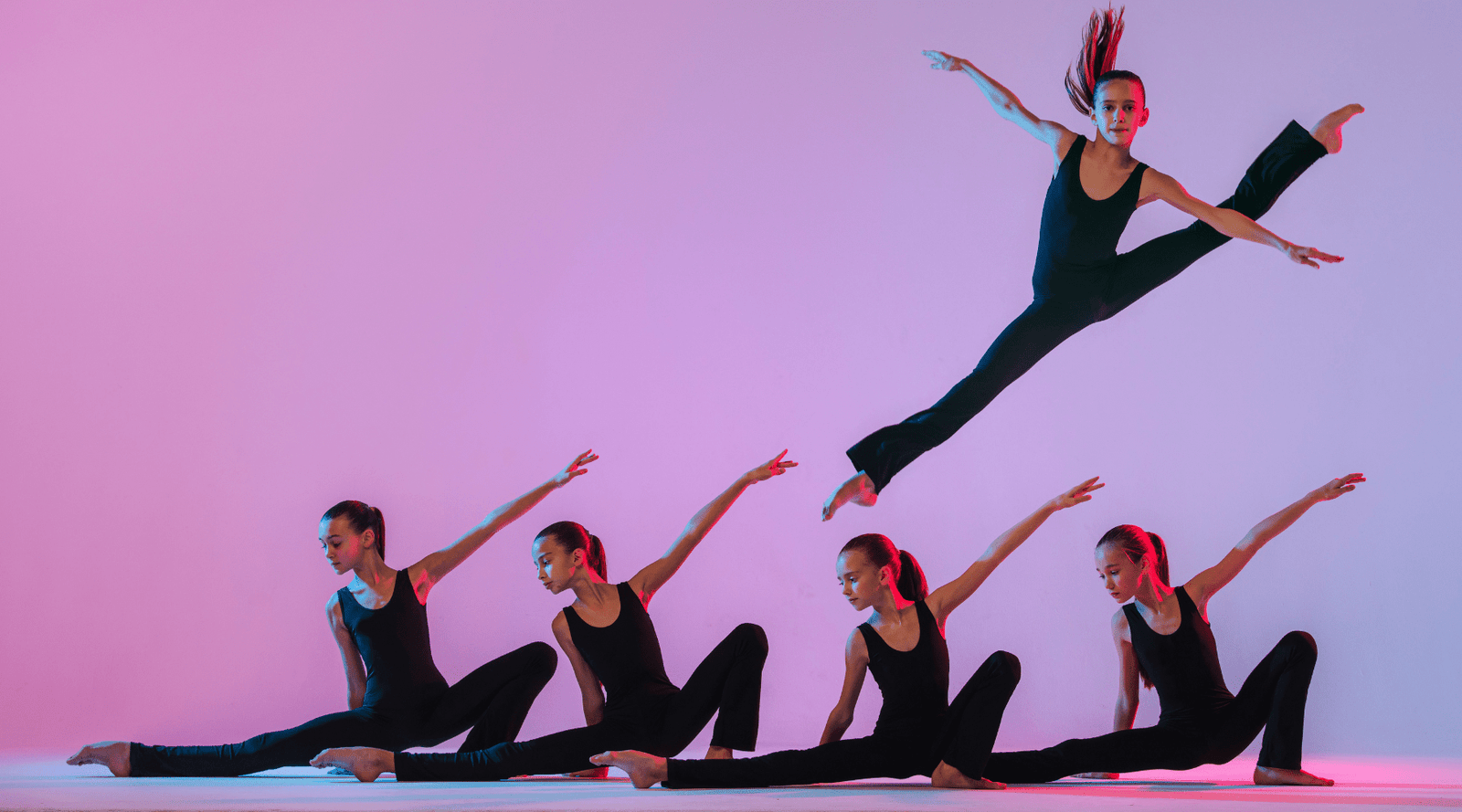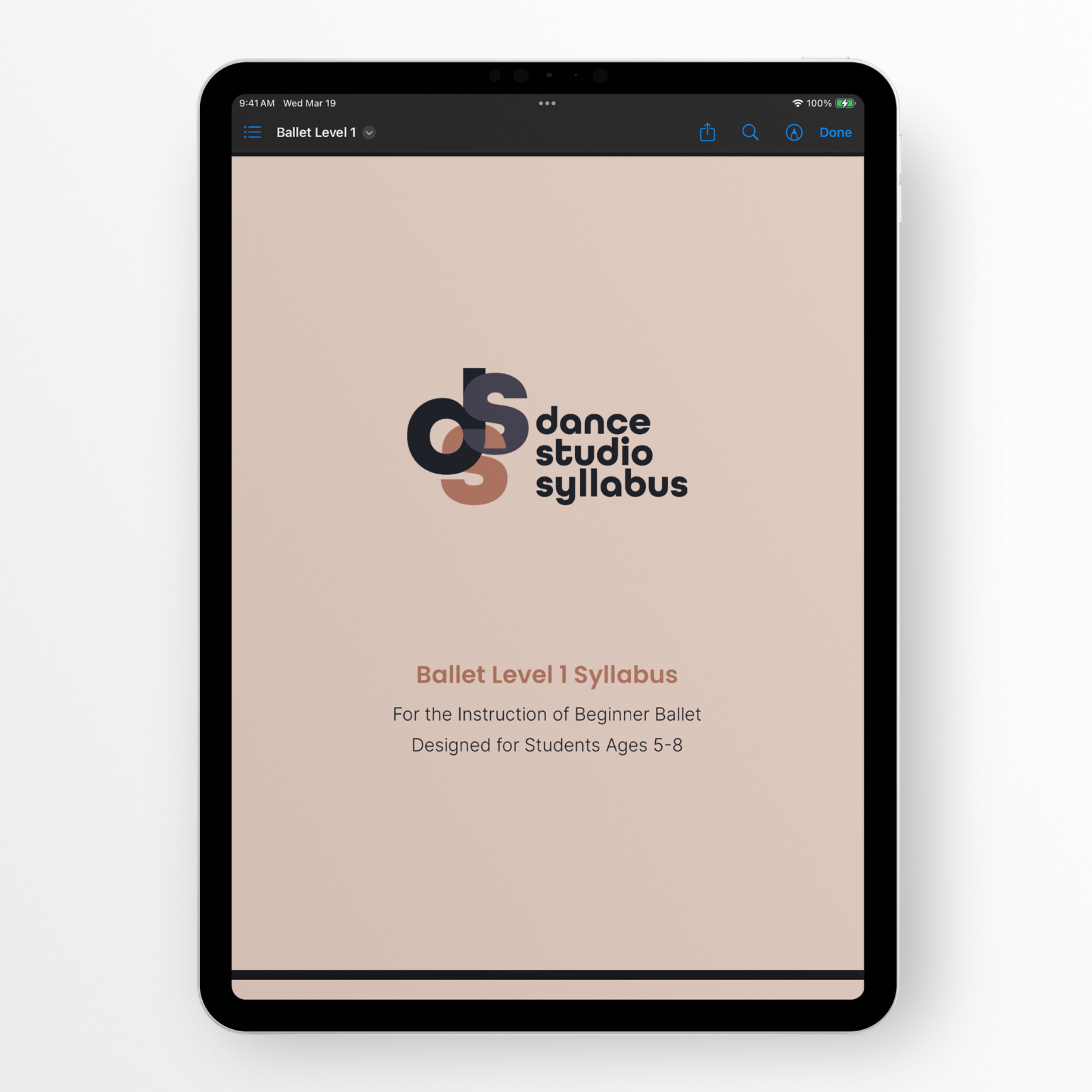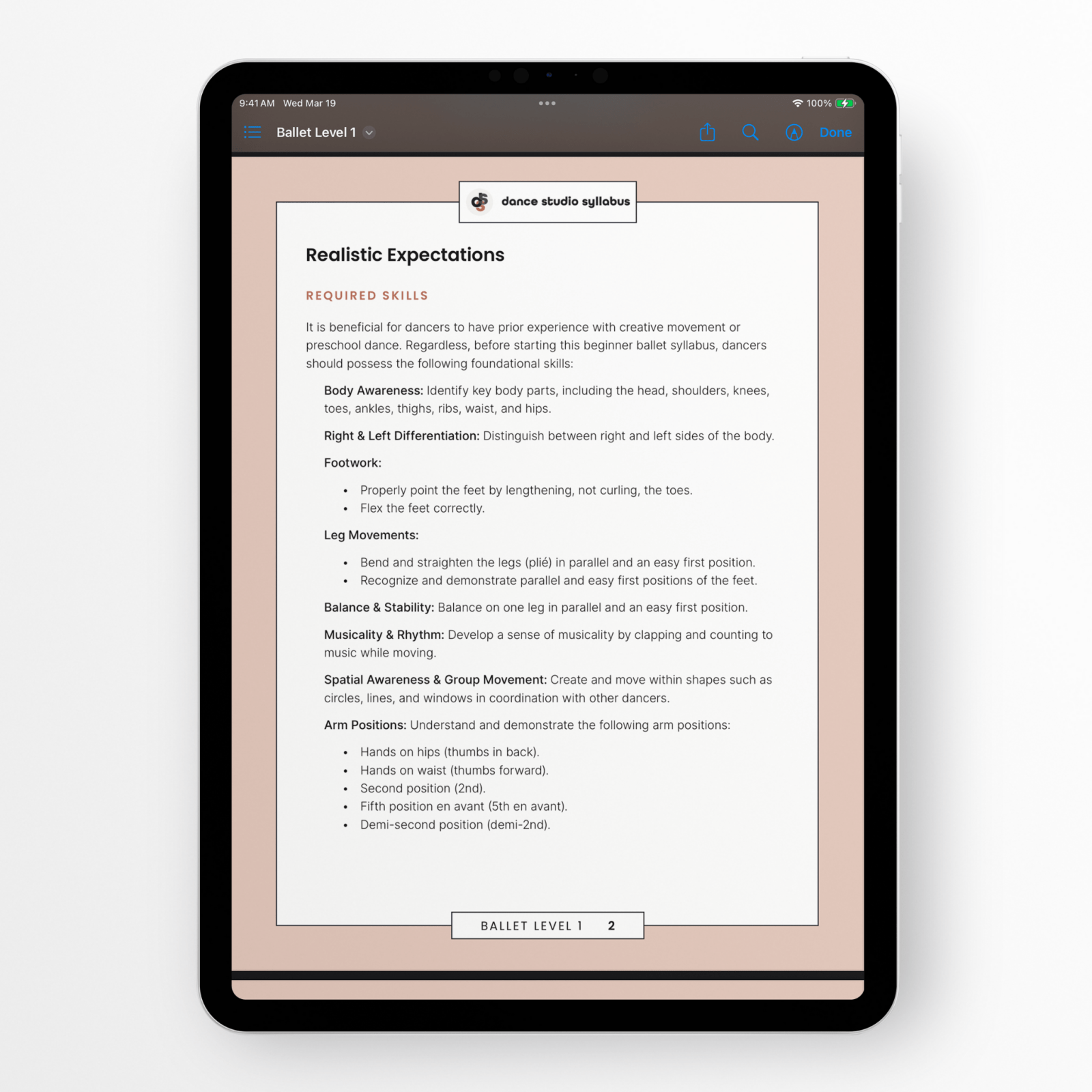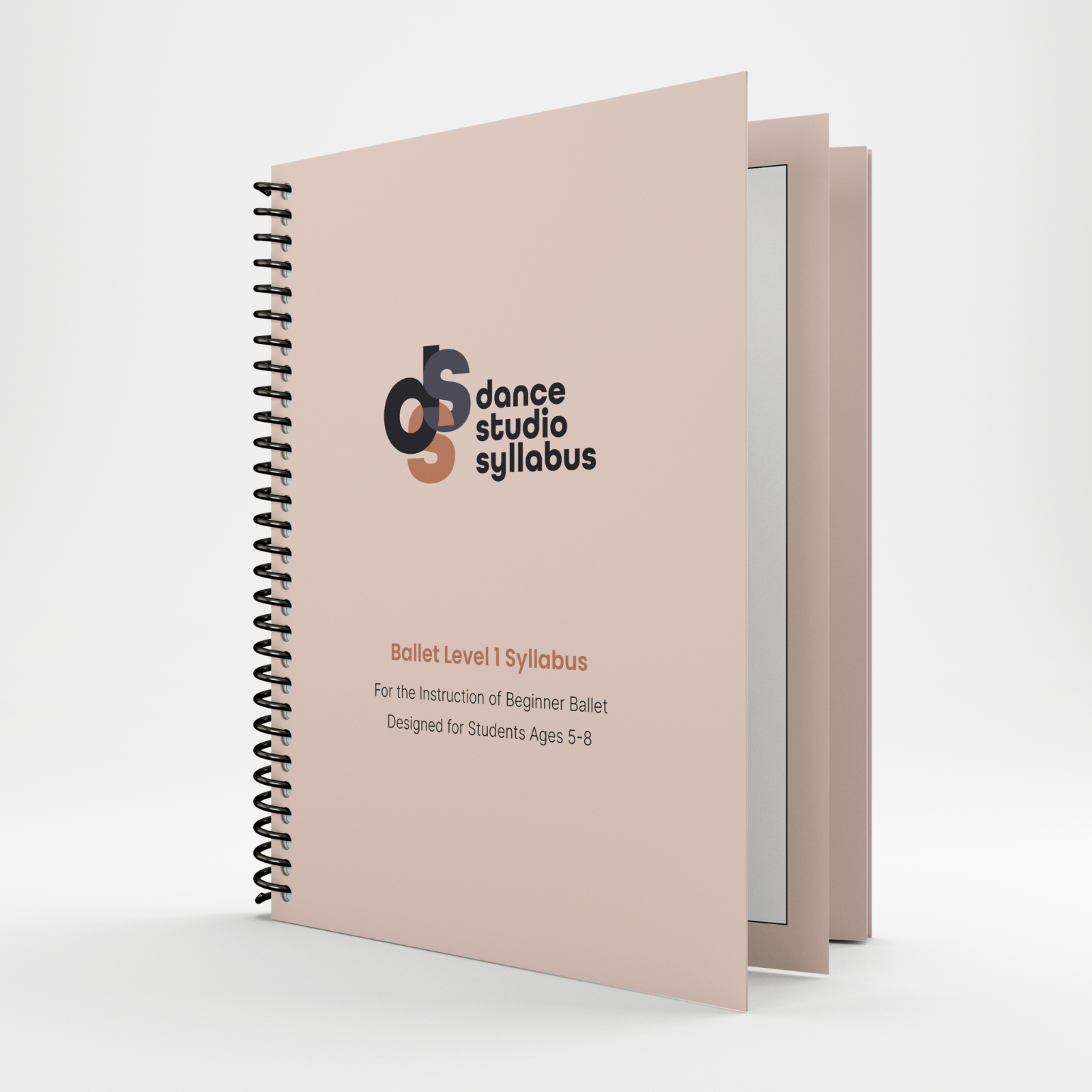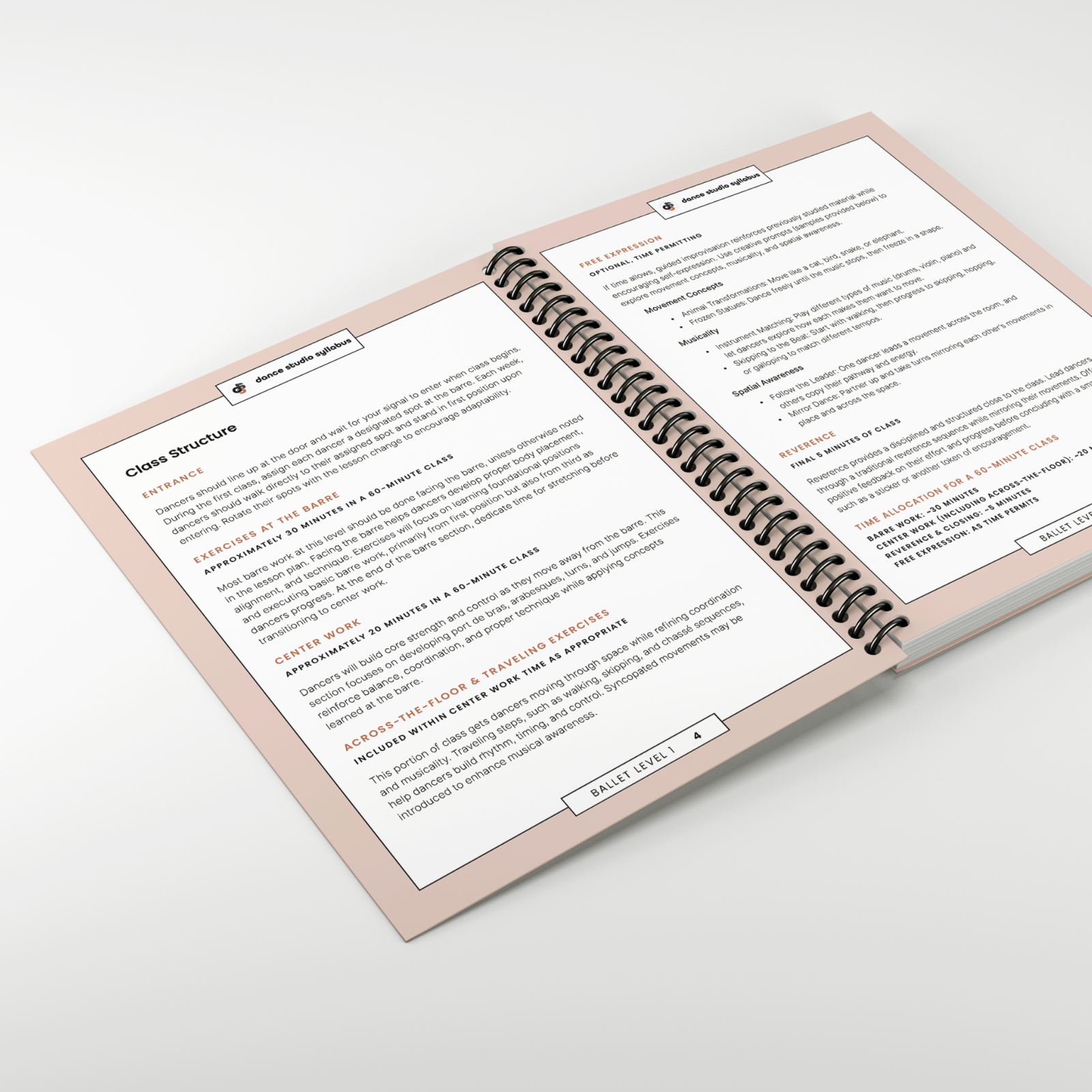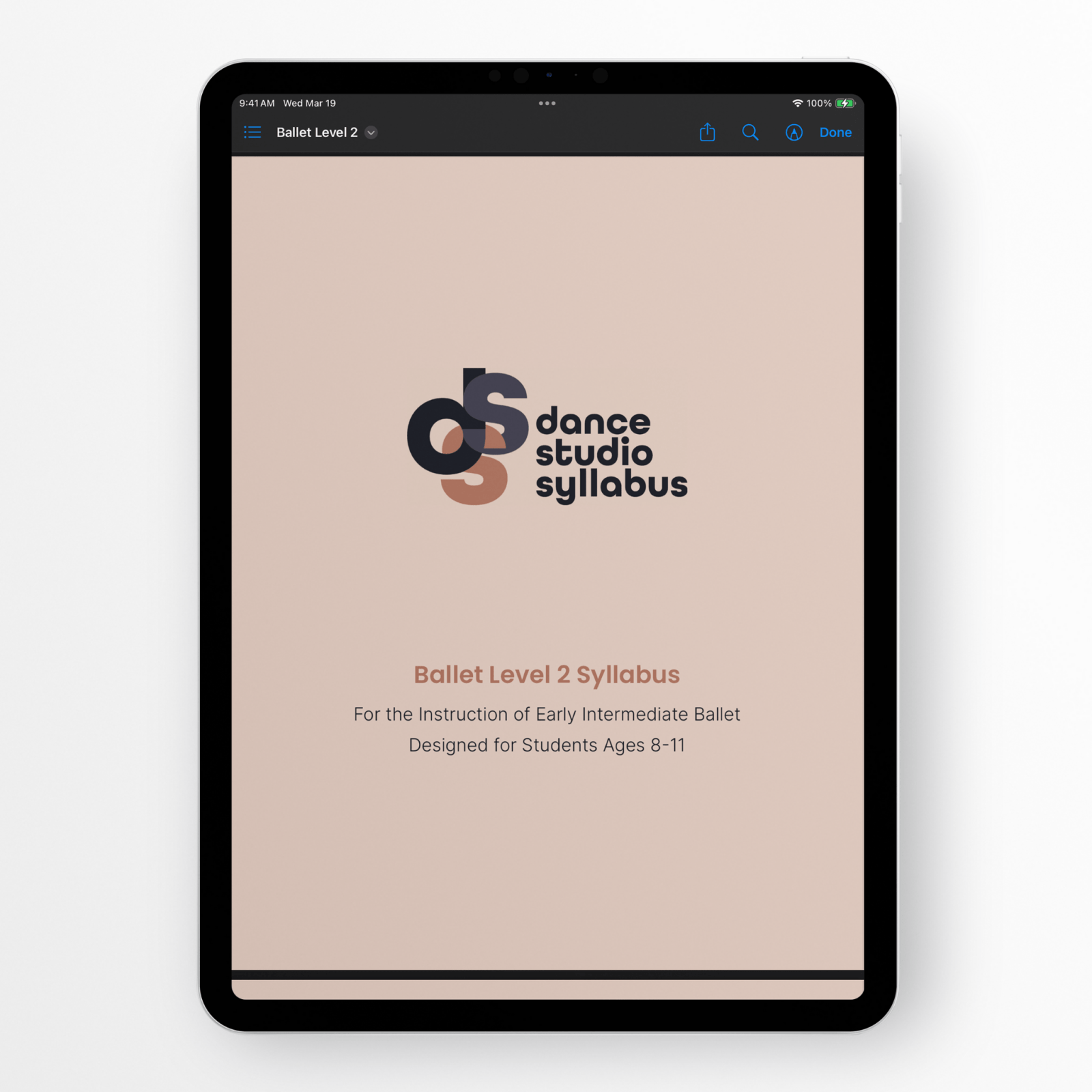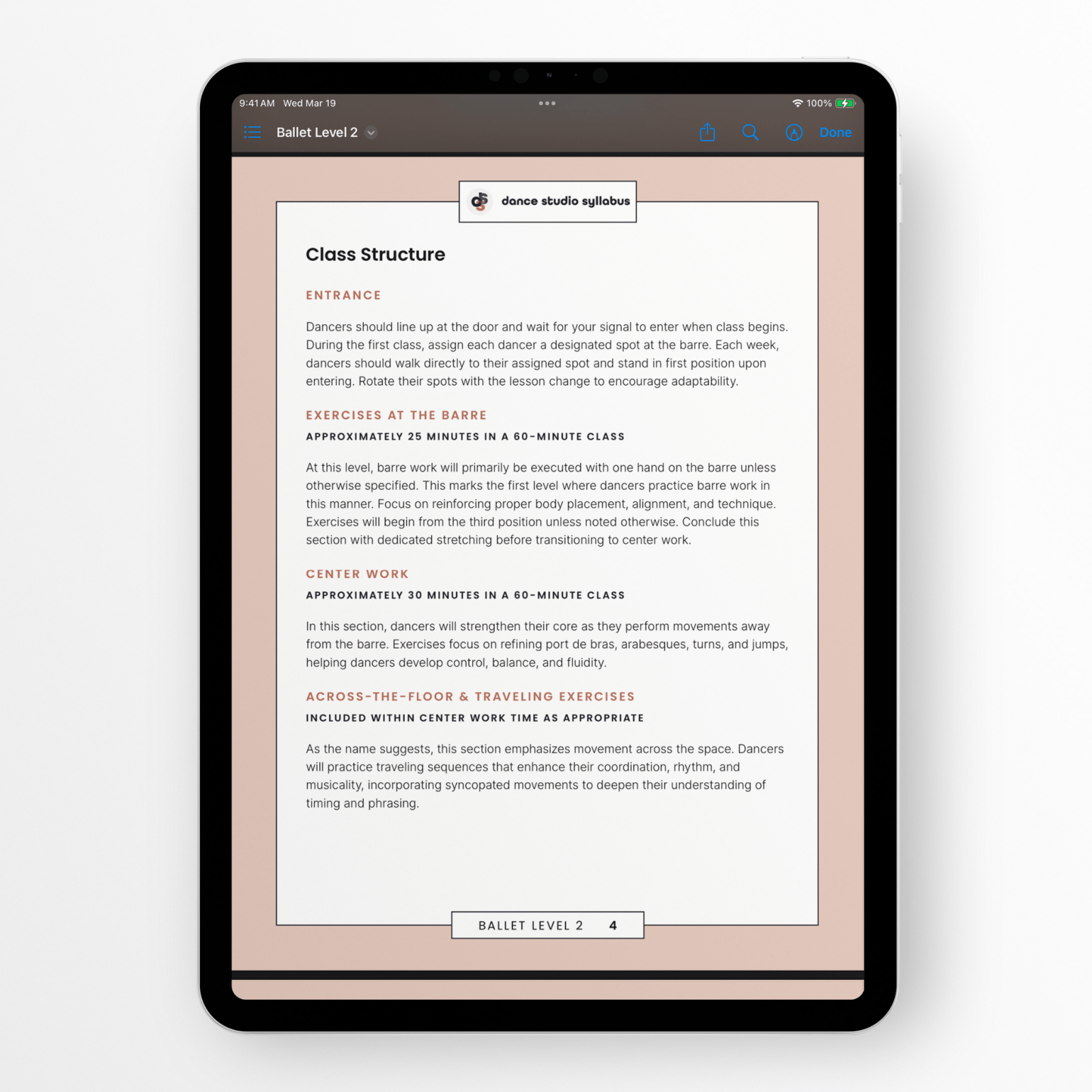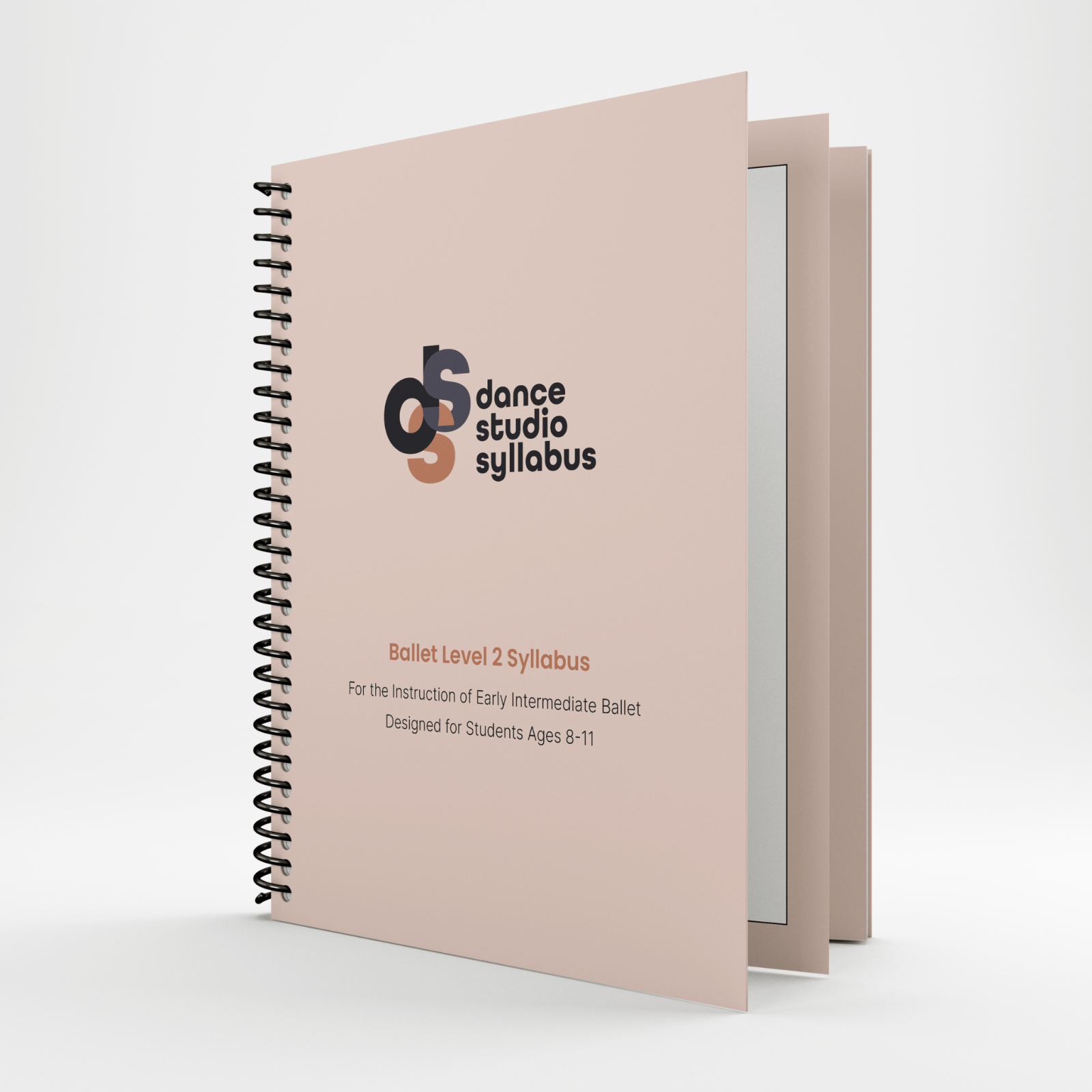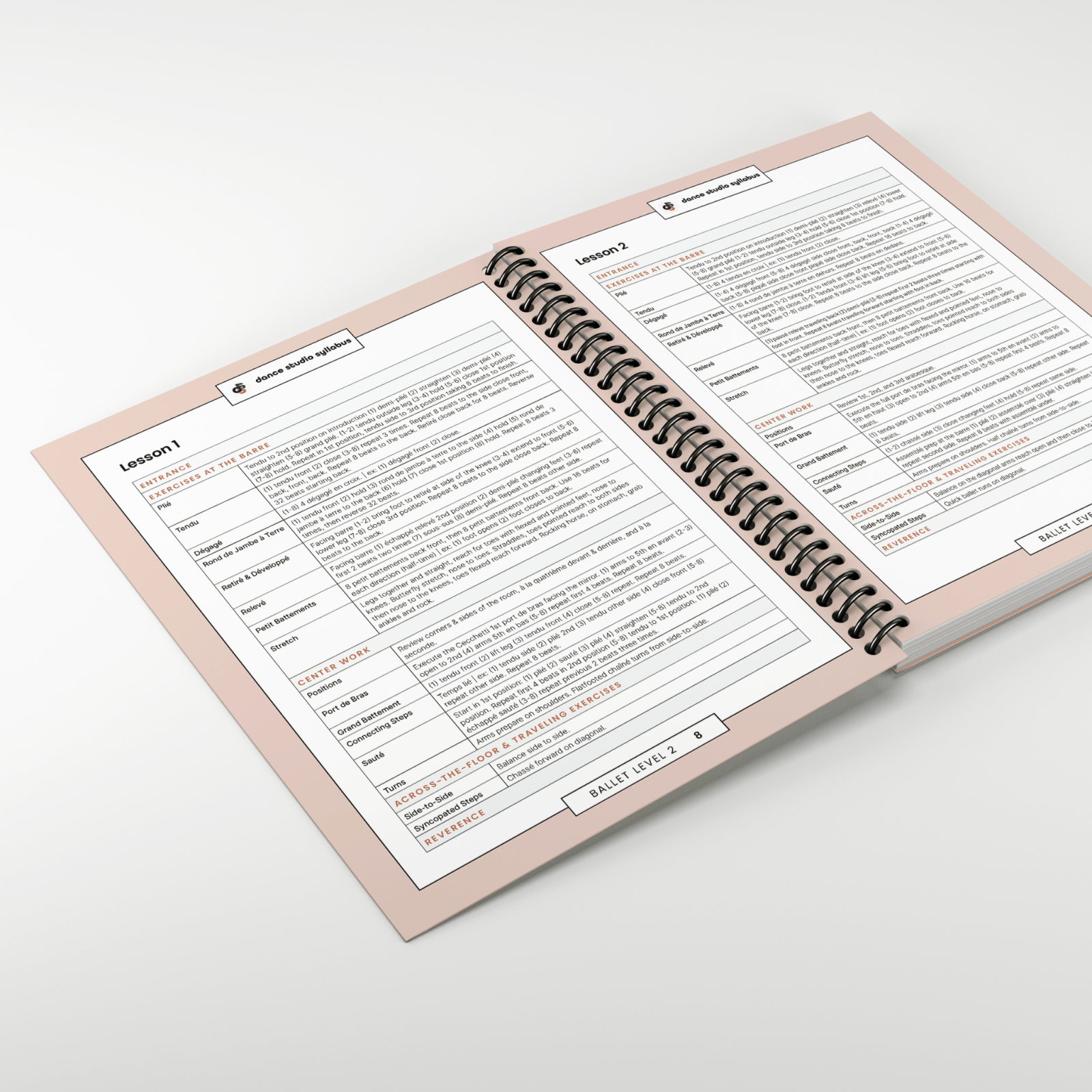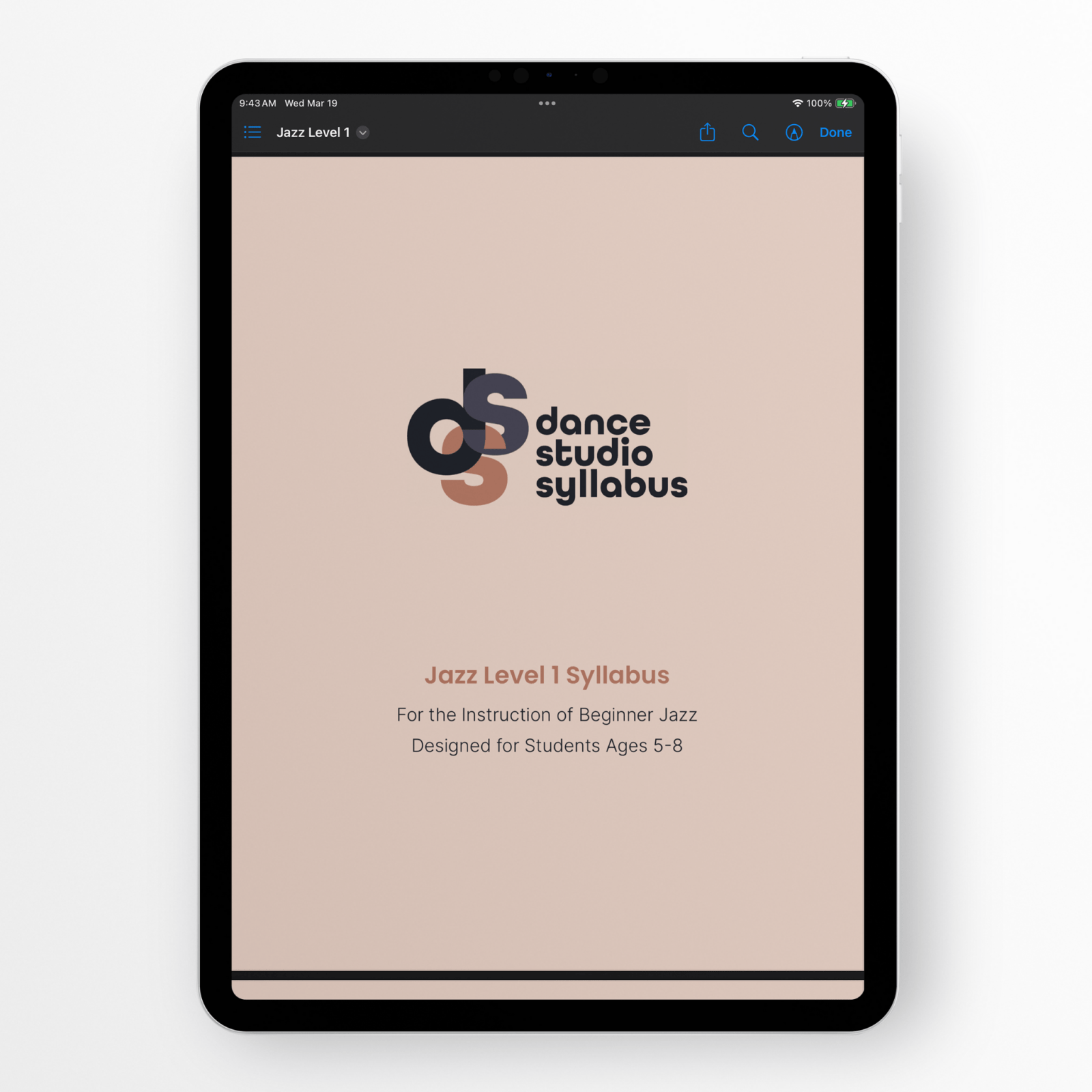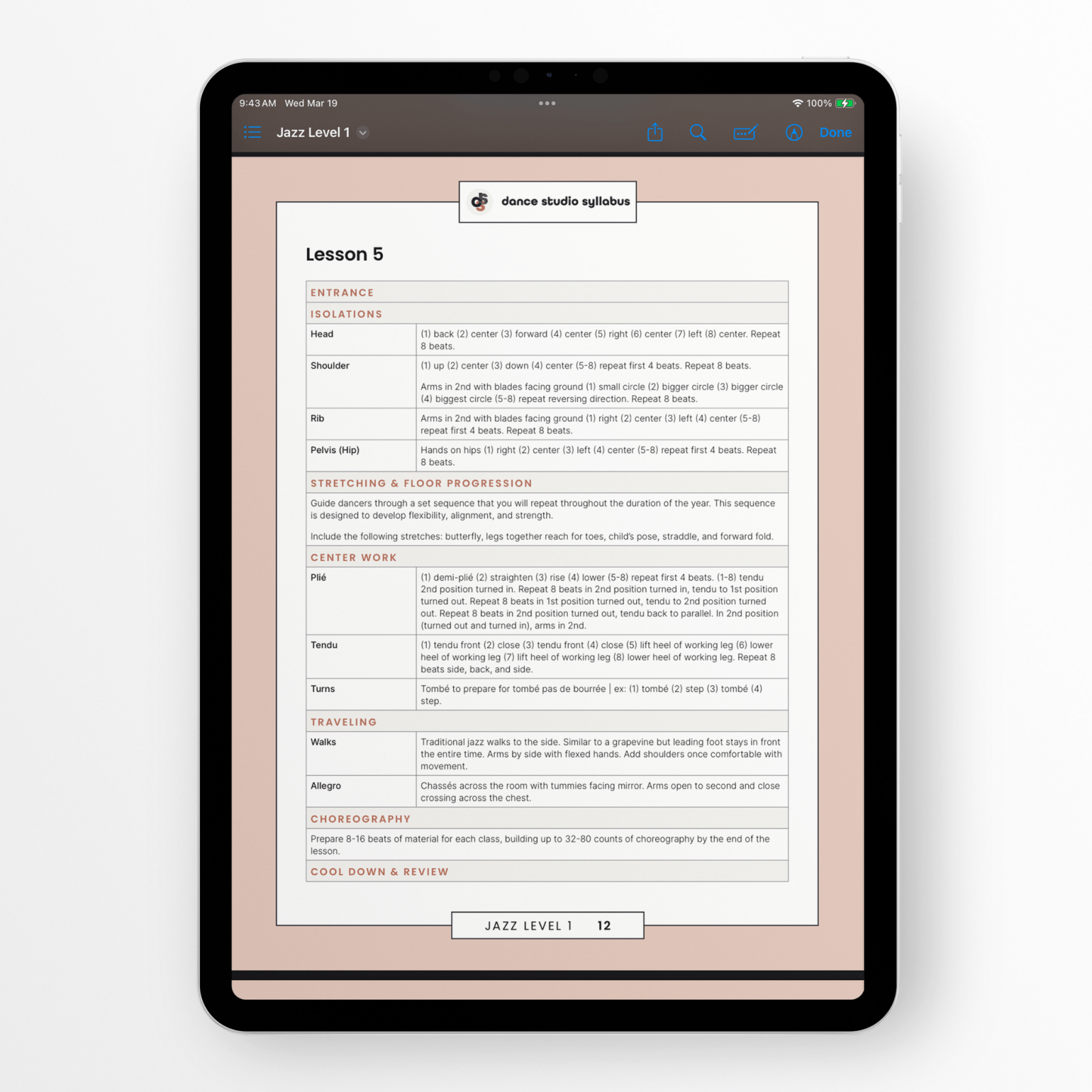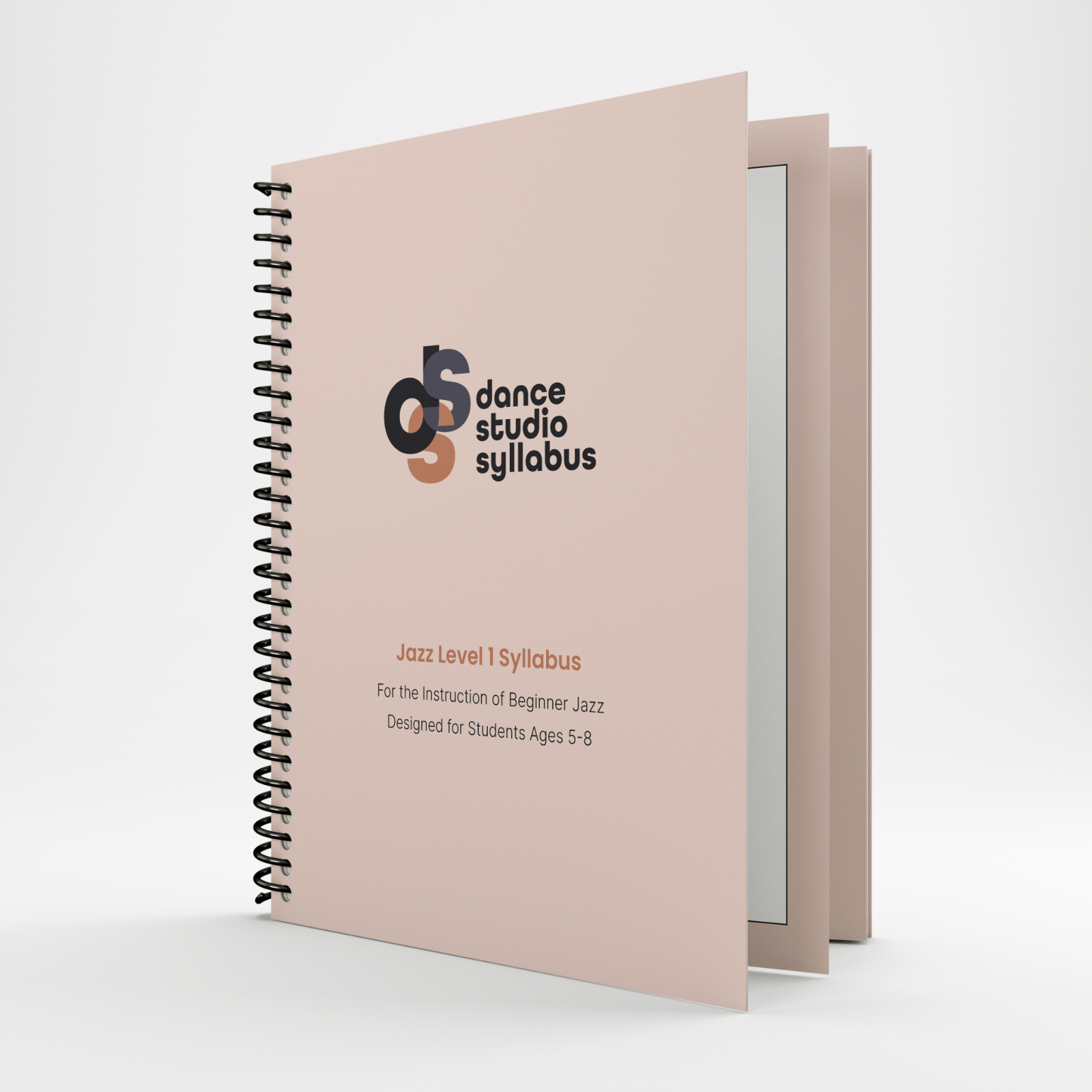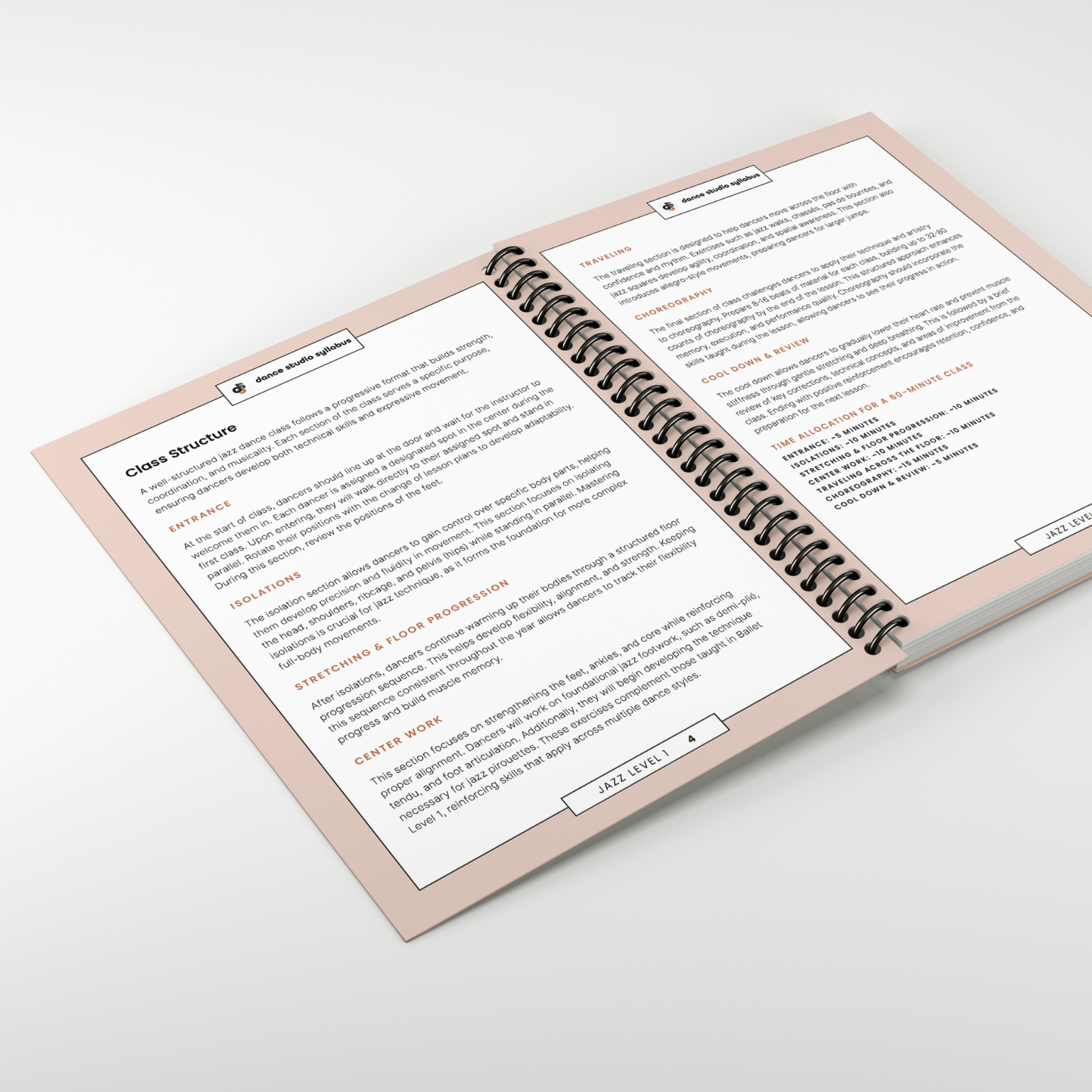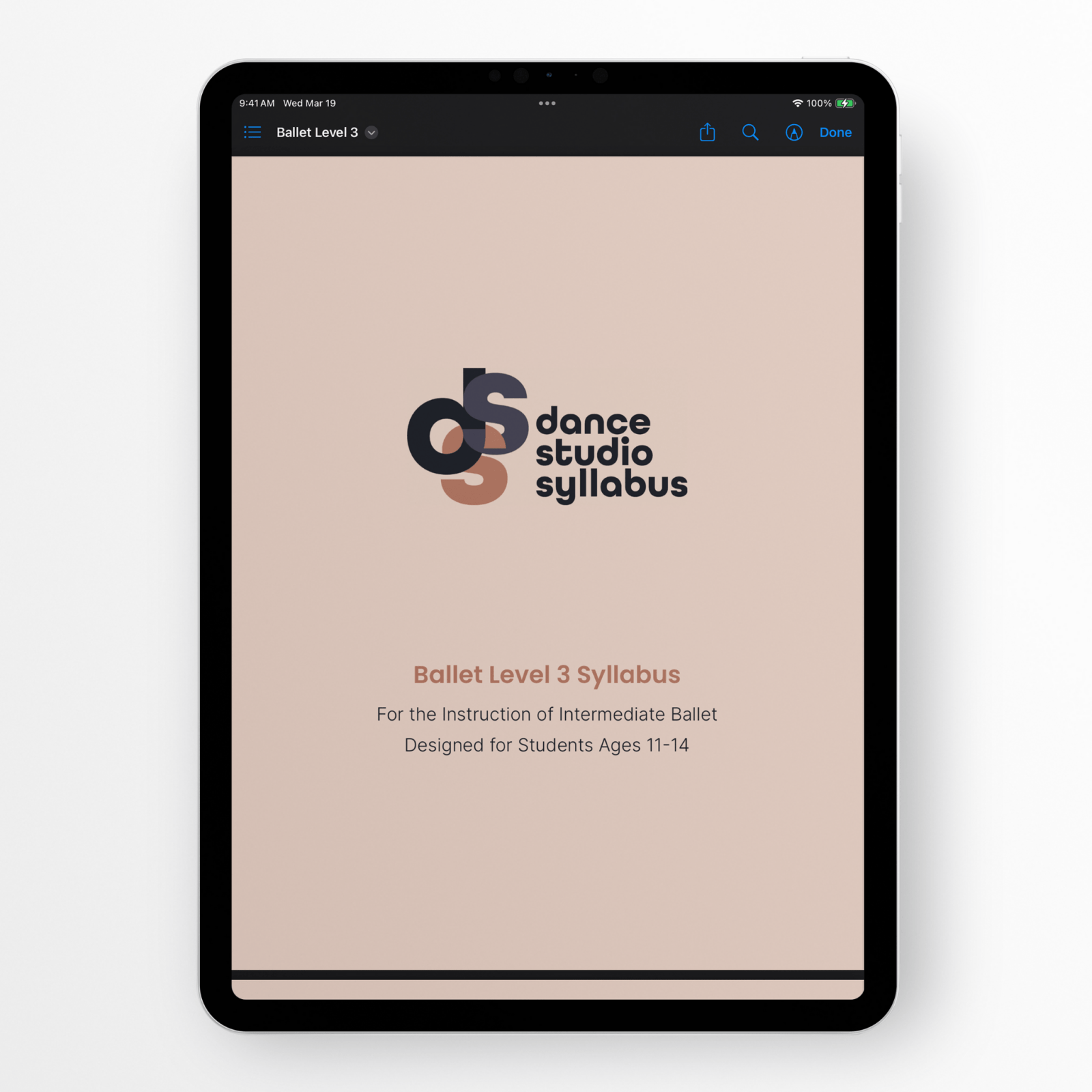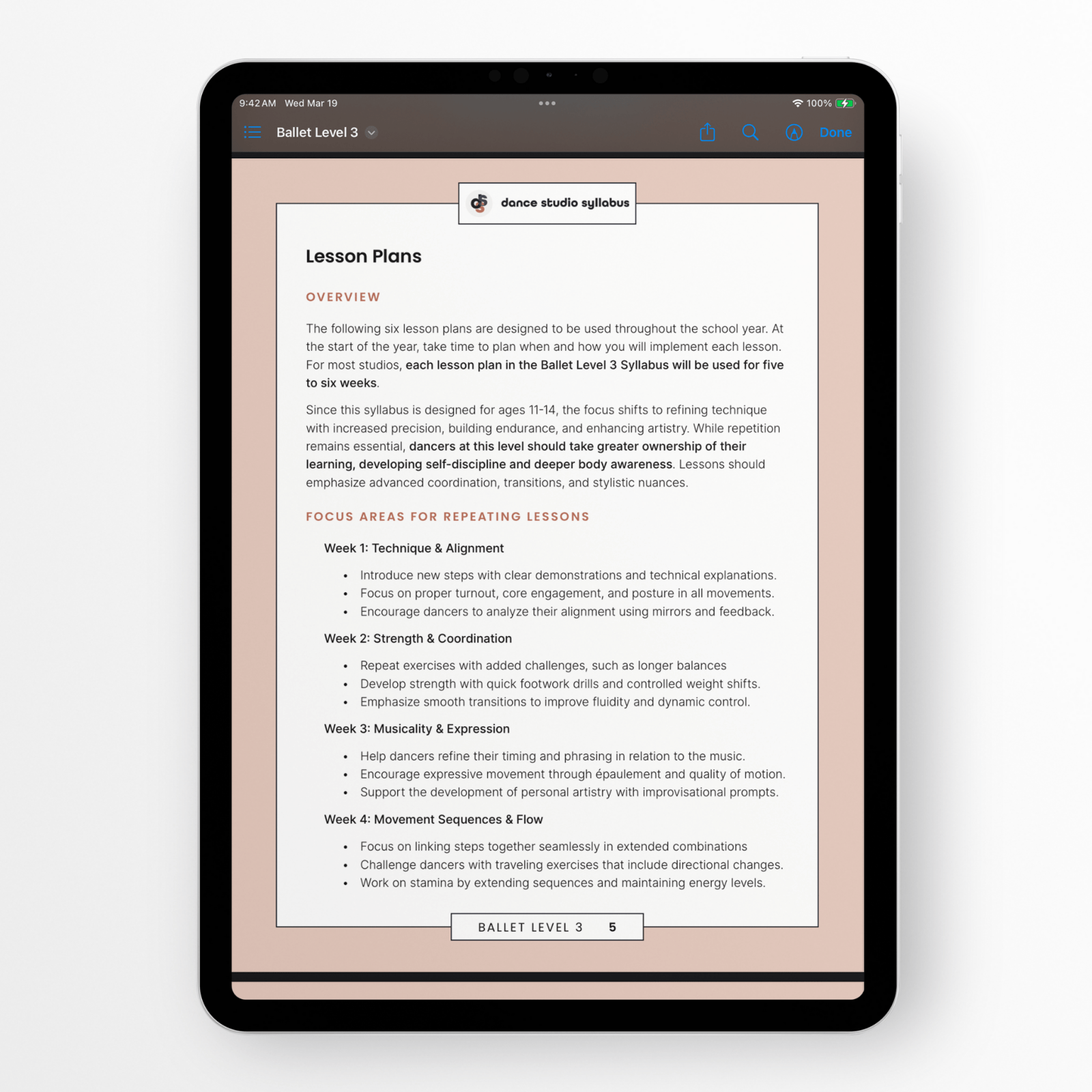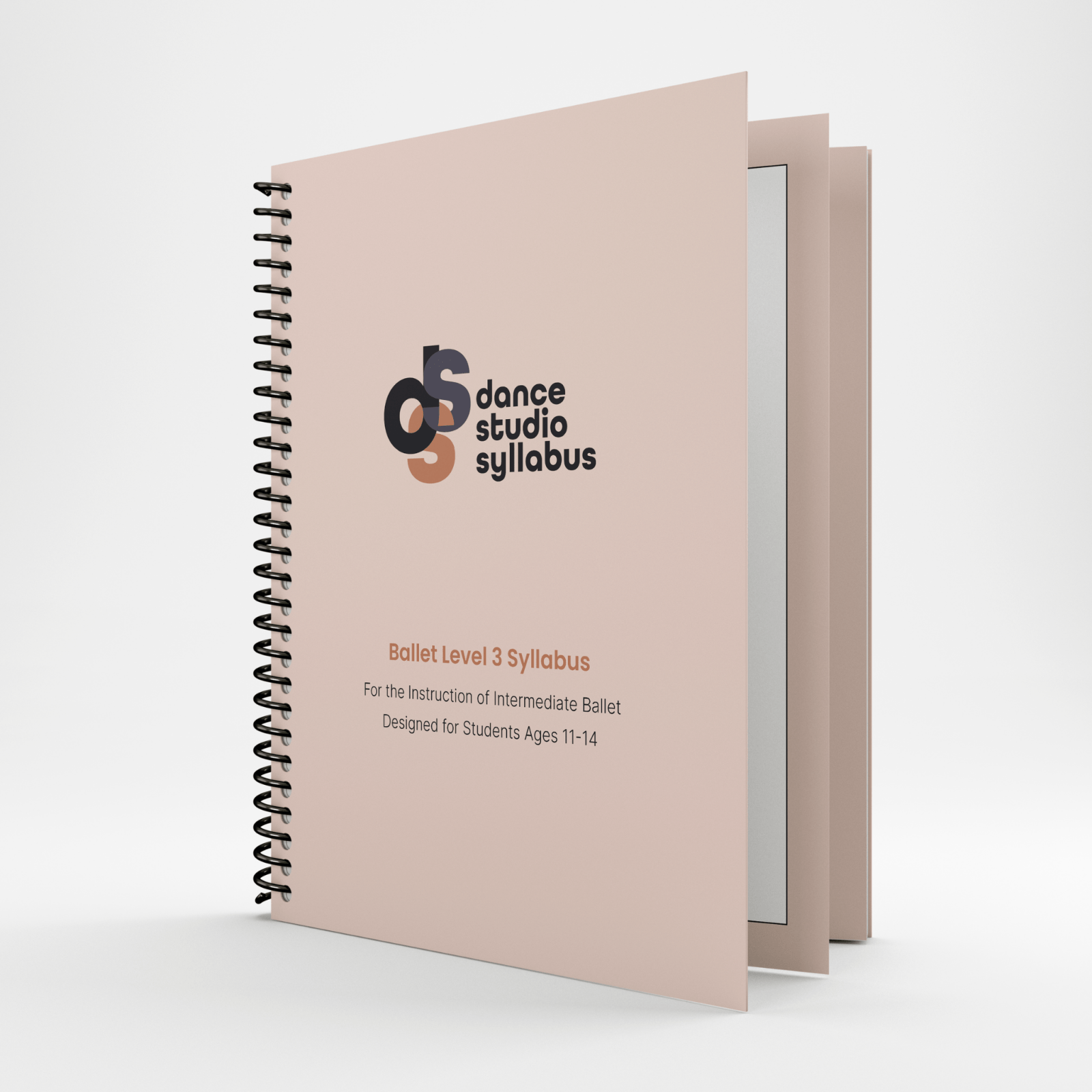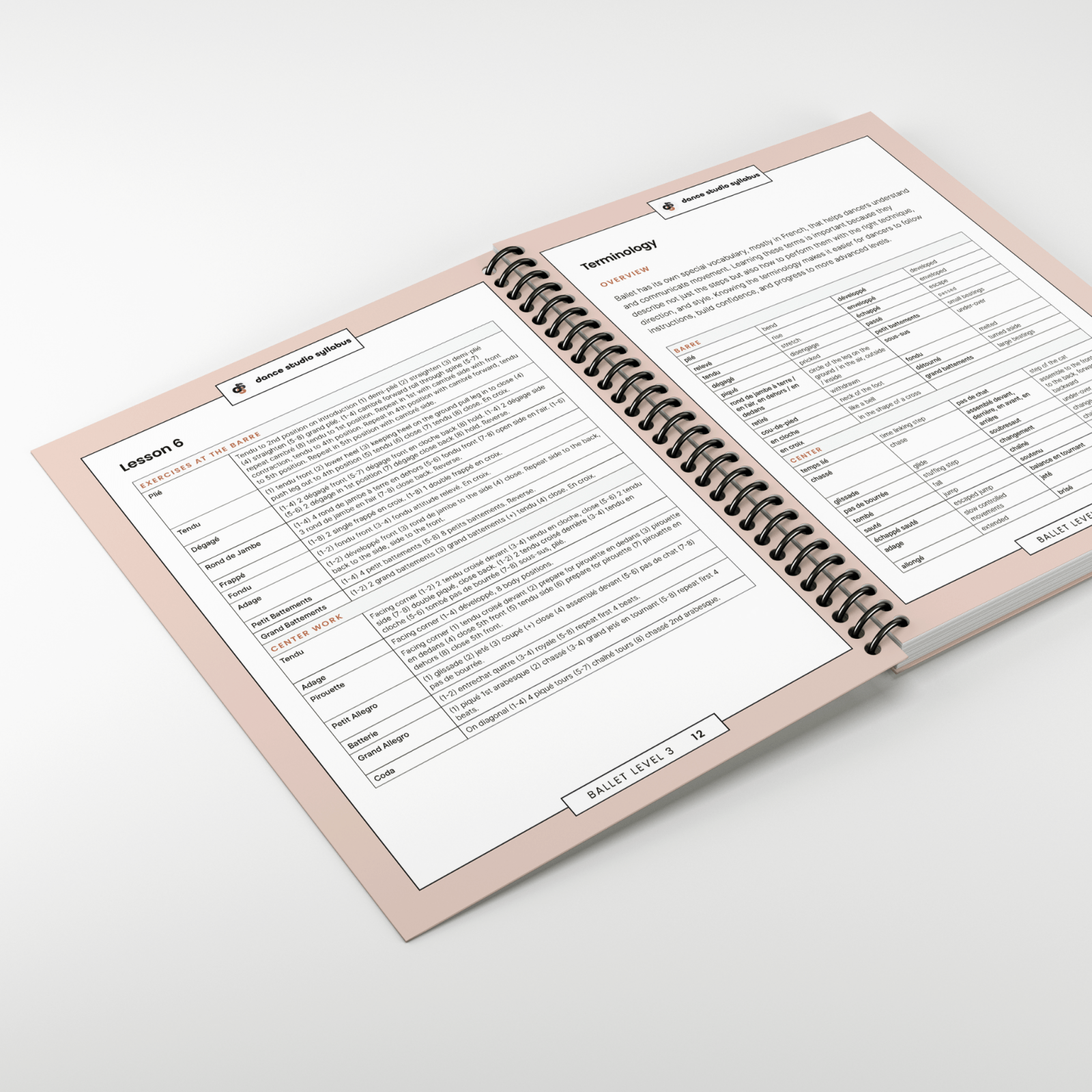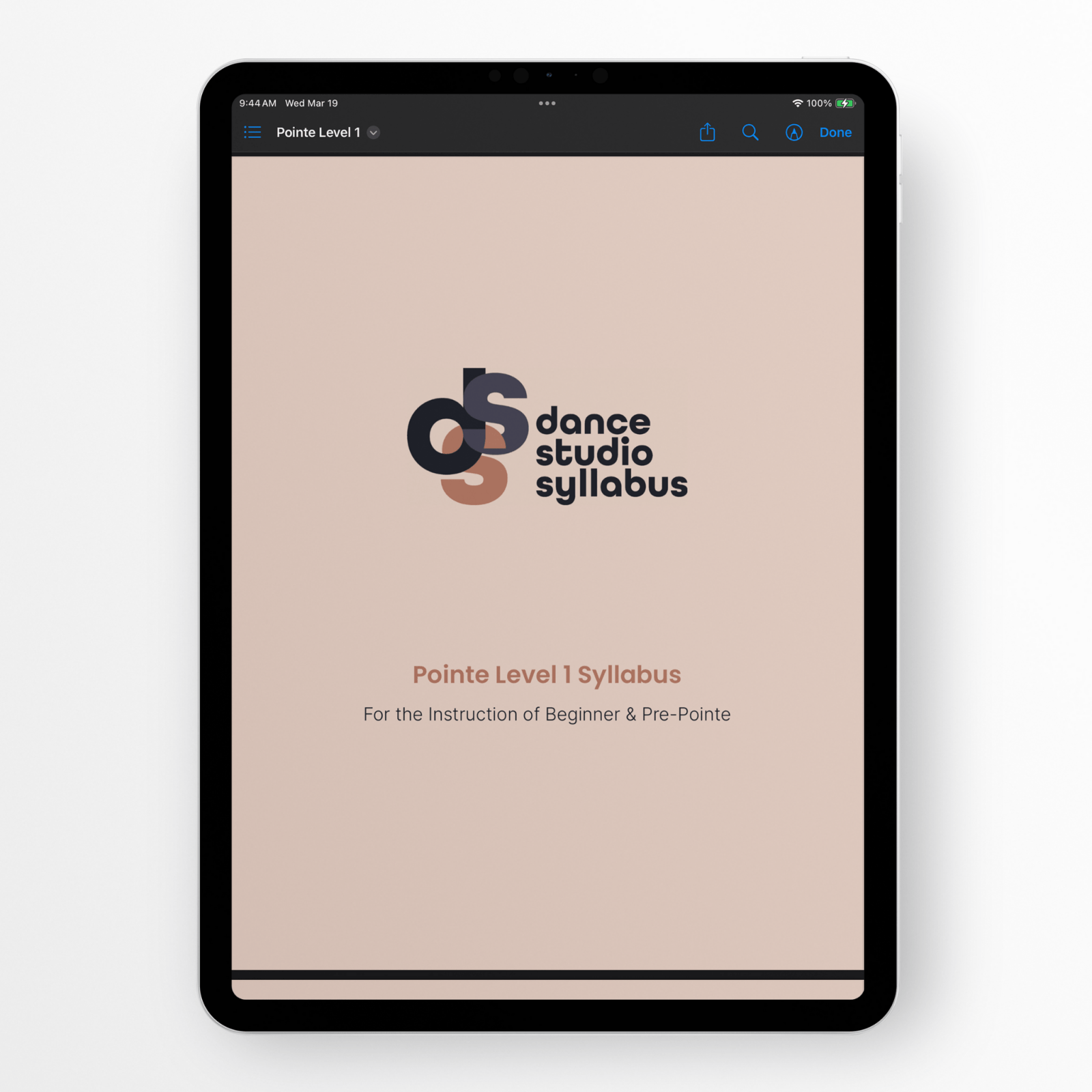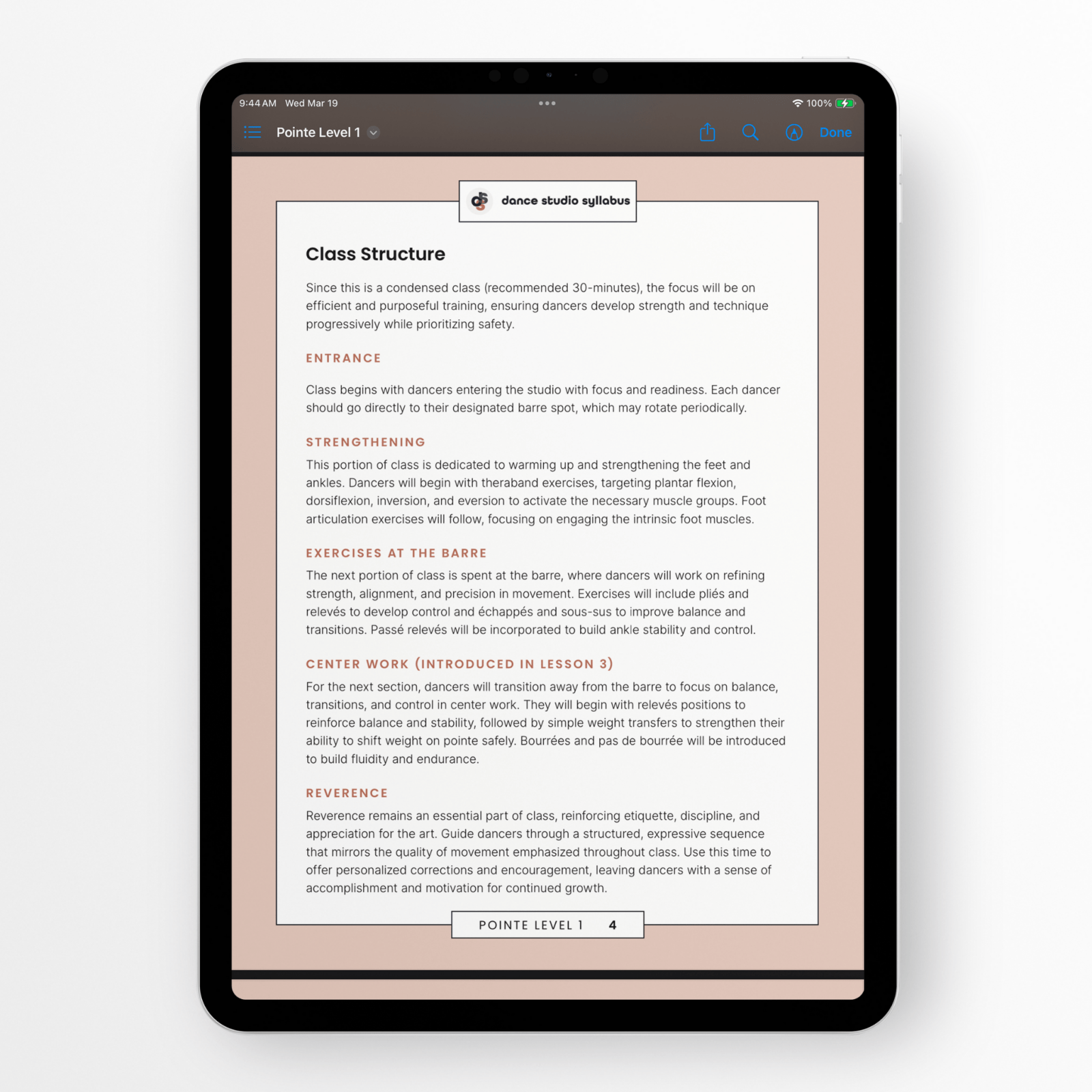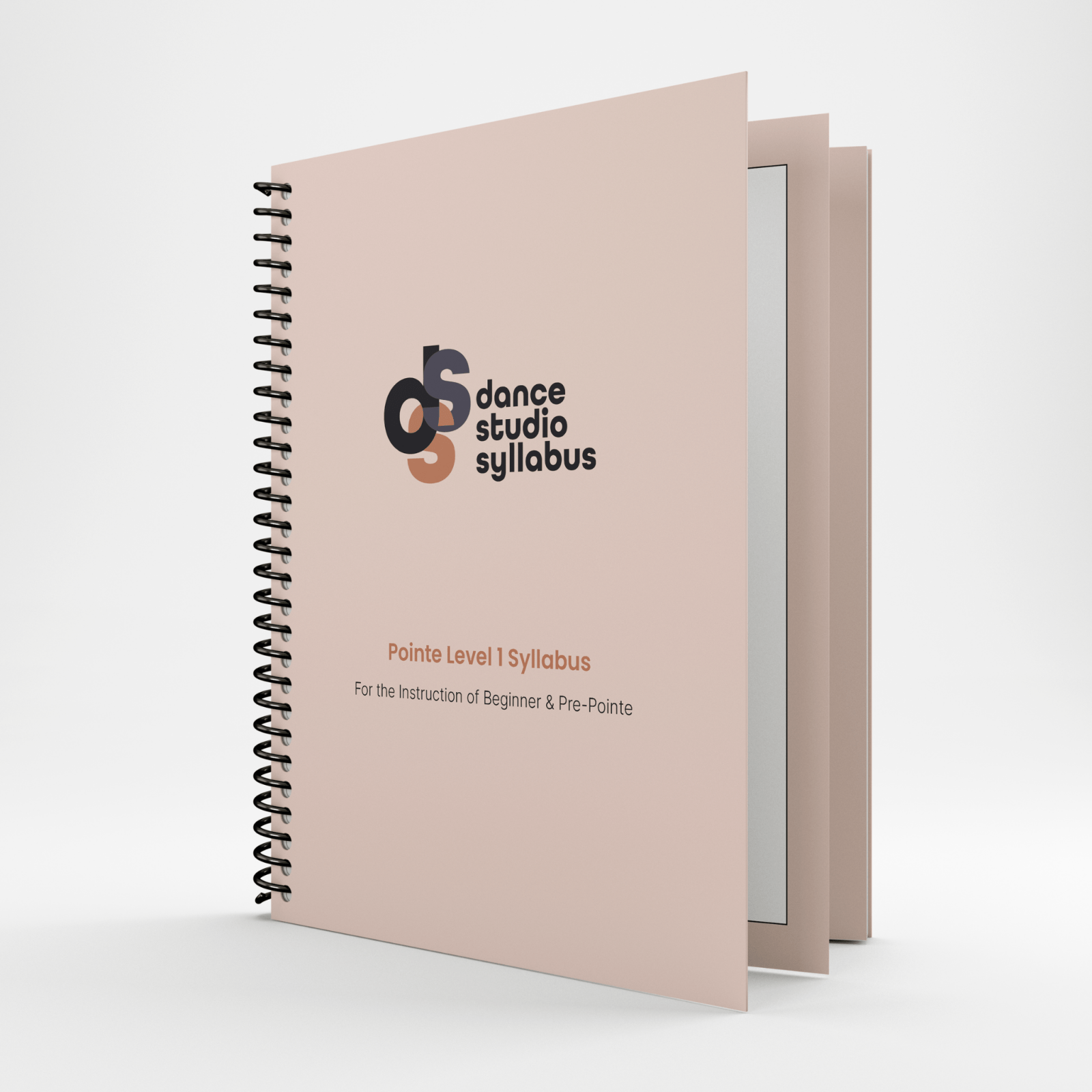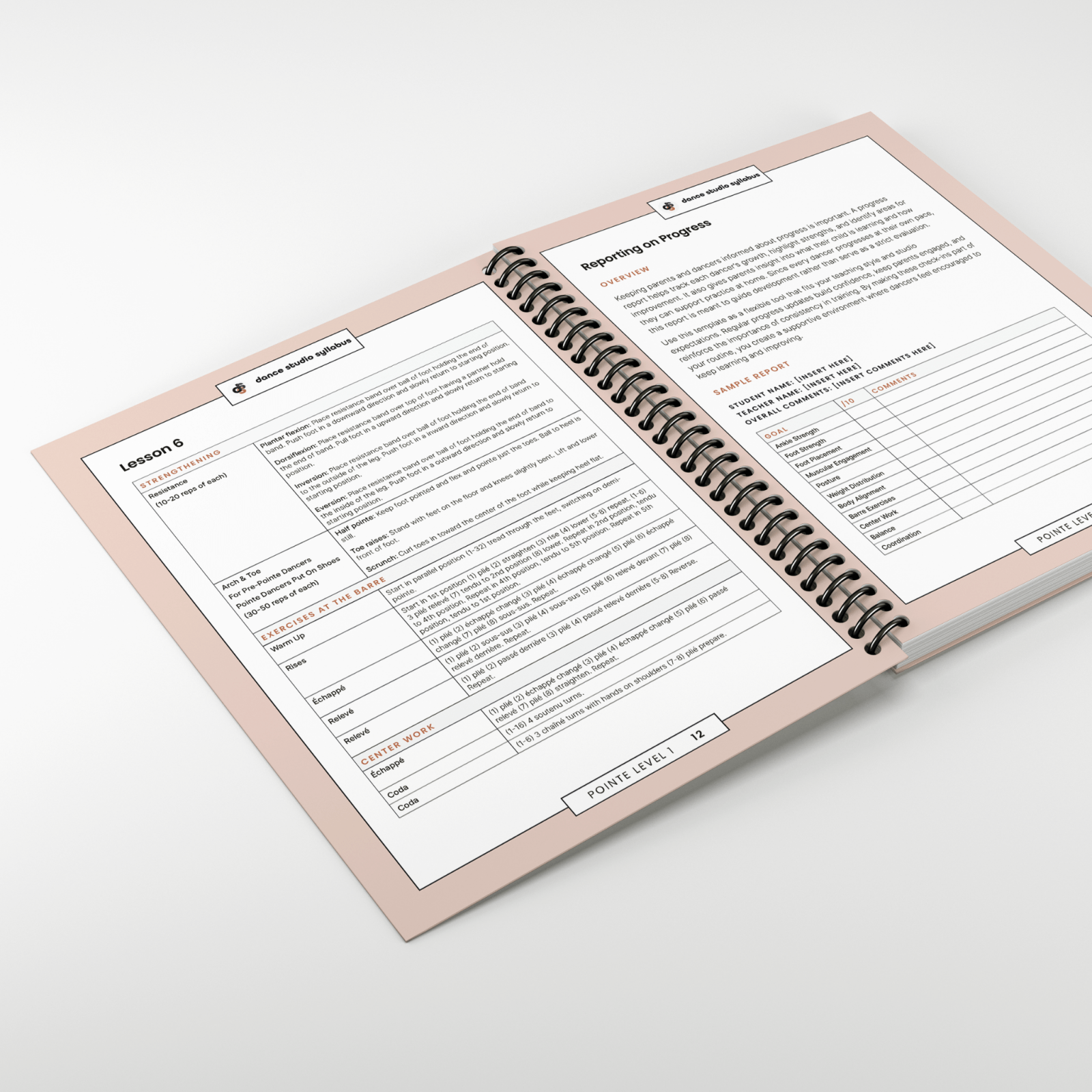Dancers of all ages need to hear words that encourage (and words that challenge!) from their teachers, directors, parents, studio owners, and peers. Whether it’s recognition of an excellent performance or motivation to keep persevering, these affirmations can make a significant difference in a dancer’s outlook.
Even with the best intentions, it can be difficult to have the right words to encourage or challenge your dancers. What makes it even more so, is that the “right words” seem to change with each new season. Here are some examples of things that dancers of different ages need to hear based on where they are at developmentally:
For the preschool dancer…
The beginning of the dance journey for a child is incredibly exciting, which means it can be overwhelming. There’s a lot of “newness” that comes with going to dance class, whether that’s a new routine of getting ready or learning to be with another adult for a longer period of time.
Think about words of encouragement for these dancers that embrace their physical needs, emphasizing safety, ability, and wellness. These types of phrases are what these dancers need to hear:
- You’re okay
- You did it
- You can try it
- Keep trying
- You can do it
Repetition is key! The more you encourage your dancers with these phrases, the more they will start to internalize them and motivate themselves similarly.
For the elementary dancer…
As a dancer matures from preschool to elementary age, they will begin to seek your attention on an individual level. In this phase, it’s important for the encouragement and challenges to be specific to your dancer, not a broad generalization. This will help your dancer feel seen for who they are.
Elementary dancers will start to compare themselves to others and question their relationships as a result. Words of encouragement in this space will build their confidence and individuality.
- These types of phrases are helpful for dancers in this age group:
- You should be proud of yourself when you…
- [First name], I can see how hard you are working on your...
- Wow, [first name]! That was a great…
- Thank you for all of your hard work today, [first name]!
By laying a strong foundation of confidence through individualized attention and encouragement, you will strengthen your dancers mentally and emotionally, empowering them to endure the years to come.
For the pre-teen or early teen dancer…
Personally, my pre-teen and early teen years of dance were characterized by wondering if dance was the right place for me. Looking back, it comes as no surprise, as this phase is marked by an exploration of identity. This is where dancers develop the confidence they built as elementary dancers, learning to express themselves through movement and finding their own style.
To encourage dancers in this phase, use words that affirm their personal journey, reminding them of their unique strengths and helping them visualize their potential. Some examples of phrases that will resonate with the pre-teen or early teen dancer include:
- It’s clear that you are a strong dancer, [first name]! I love seeing the power behind your movement.
- I know flexibility can be a challenge for you, [first name], but I’m so proud of how you have been working to grow in that area. That will continue to help your technique grow!
- You should be proud of the hard work you have put in to grow in your balance. I see how much of a difference that is making in your turns!
An important thing to remember with this age group is that they aren’t as forthcoming with their feelings as all of the other groups. Be available before and after class in case they are looking for someone to talk to. Those moments are rare but will go a long way when you speak encouraging or challenging words into their dancing.
For the teenage or older dancer…
With graduation on the horizon, high schoolers are balancing where they belong, how they matter, and what they will do in the future. Especially for dancers who have been in the same studio for a long time, the transition away from this “second home” can be challenging. During this phase, it’s important to stress how they are important to the studio.
At this point, your dancers have (hopefully) developed self-awareness that will lead them to be their own hardest critique. Try to balance out their inner-critic with affirmations; make sure that these affirmations are sincere and intentional. Use language such as:
- I really value the level of commitment you bring to the studio! Other dancers really pick up on that.
- It’s been so awesome to watch your technique and artistry grow over the past [x] years. It would be great for you to continue pursuing dance in the years to come at the next level!
- Your performance in that competition made an impact on the younger dancers, especially how you responded to your placement and judges critiques.
- Thank you for committing to your artistry and being such a great example to your teammates.
Given the realities of what this age group is facing, inviting certain dancers to participate as student teachers can develop them and mobilize their potential.
There’s no one-size-fits-all when it comes to encouraging your dancers, but this language should give you a good starting point. Ask your dancers for feedback in this area and listen to what they say. It’s so important to not only know your dancers from an age group standpoint but also to know their nuances as individuals.
Just as these recommendations for words of encouragement are age-appropriate based on childhood development so are our annual lesson plans! These are great resources designed to empower your dancer to grow in confidence, technique, and artistry. If you are looking for material that is developmentally appropriate, check out our shop.
